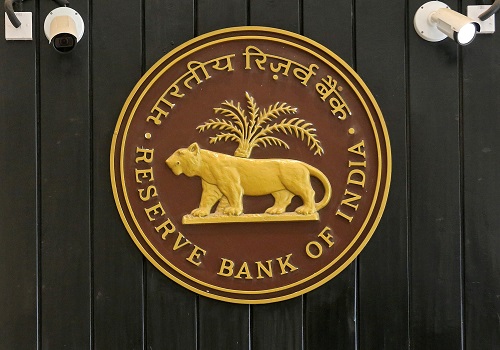Opening Bell : Markets likely to get gap-down opening amid uptick in US yield
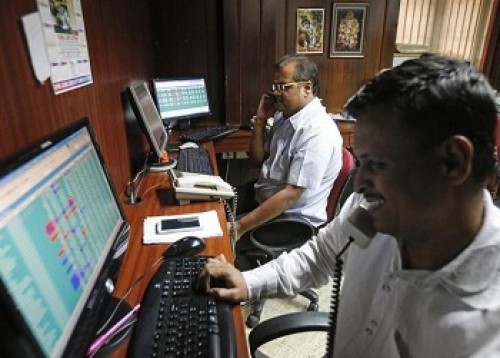
Follow us Now on Telegram ! Get daily 10 - 12 important updates on Business, Finance and Investment. Join our Telegram Channel
Indian markets snapped a five-day winning streak and ended in red on Tuesday, with the Nifty below 22,050 mark, amid profit booking in Information Technology, pharma, realty and power stocks. Today, markets are likely to get gap-down opening tracking sell-off in the global peers as the 10-year treasury yield in the US ticked over 4 per cent. Volatile crude oil prices likely to weigh on sentiment, amid persisting concerns about likely disruptions in supply due to the attacks by the Houthi militants on vessels in the Red Sea. Traders may take note of report that ratings agency Fitch has affirmed BBB- rating for India, with the outlook stated as stable. It said ‘India is poised to remain one of fastest-growing countries globally in next few years’. It also added that beyond FY24 there is ‘less certainty on fiscal path and trade-offs between economic growth and consolidation may become more acute.’ However, some respite may come later in the day amid foreign fund inflows. Provisional data from the NSE showed that foreign institutional investors (FIIs) bought shares worth Rs 656.57 crore on January 16. Some support may come as the Reserve Bank of India (RBI) governor, Shaktikanta Das, said that retail inflation is slowly moderating and is steadily moving towards the target of 4 per cent. Das stated that core inflation has started to move down, which gives confidence that monetary policy is working, while commenting that maintaining financial stability despite multiple headwinds has been the biggest achievement in the last five years. Some optimism may come as a Crisil report noted that corporates' revenues are likely to have grown 8-10 per cent in the 2023 December quarter on an annual basis. As per Crisil Ratings, the operating profits have likely expanded 100-150 basis points on-year in the three months ended December 2023, giving the corporates an overall operating margin of 19-20 per cent in the first nine months of 2023-24 fiscal. Insurance industry stocks will be in focus with a private report that the domestic insurance sector is on course to log in over 7 per cent annual growth over the next decade and the premium income is likely to double to around $450 billion by financial year 2033-34. There will be some reaction in stocks related to semiconductor as crediting the Micron investment for sparking manufacturing interest in India, Minister of State for IT Rajeev Chandrasekhar said that at least nine semiconductor manufacturing proposals were undergoing the analysis stage in the Ministry.
The US markets ended lower on Tuesday as higher Treasury yields and concerns that the Federal Reserve may not cut interest rates anytime soon hurt sentiment. Asian markets are trading mostly in red on Wednesday as investors awaited China's Q4 GDP, retail sales and industrial output data.
Back home, Indian equity benchmarks snapped five-day gaining momentum and ended lower on Tuesday amid profit booking in Realty, Utilities and IT stocks. Markets made a cautious start as traders remained cautious with the commerce department stating that growing attacks on commercial shipping vessels travelling through the lower Red Sea have resulted in a combined impact of higher freight costs, insurance premiums and longer transit times. He cautioned that it can make imported goods significantly more expensive. However, markets erased losses and managed to trade in green in late morning deals as some support came with data showing that India’s trade deficit in December narrowed to a three-month low of $19.8 billion amid an import slowdown due to falling commodity prices. India’s merchandise exports registered marginal growth of 0.97 per cent to $38.45 billion in December 2023 as compared to $38.08 billion in December 2022. Imports declined by 4.85 per cent to $58.25 billion in December 2023 as compared to $61.22 billion in December 2022 due to a dip in crude oil shipments. But, buying proved short-lived as markets once again fell into red in afternoon deals, amid reports that the cost of Indian exports has more than doubled due to the Yemeni Houthi militia's attacks on ships in the Red Sea. Traders overlooked Reserve Bank of India (RBI) Monetary Policy Committee (MPC) member Ashima Goyal’s statement that India's macro-fundamentals strengthened even though it faced severe external shocks (Russia-Ukraine war, Israel-Hamas war, oil prices, Houthi attacks) since 2020. She said the rupee has been relatively stable due to these factors. Meanwhile, the Reserve Bank of India’s draft norms for self-regulatory organisations for the fintech sector (SRO-FT) have proposed that such entities should have a robust IT infrastructure and the ability to deploy technological solutions within a reasonable timeframe. Finally, the BSE Sensex fell 199.17 points or 0.27% to 73,128.77 and the CNX Nifty was down by 65.15 points or 0.29% to 22,032.30.
Above views are of the author and not of the website kindly read disclaimer






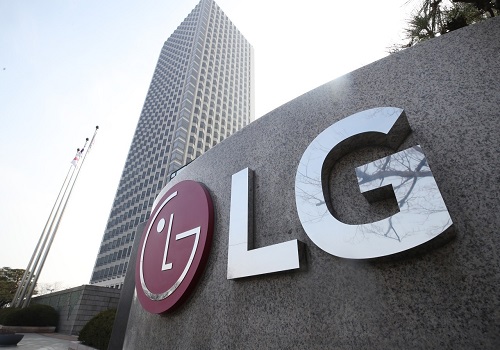



Tag News

Daily Market Analysis : Markets traded in a volatile range and ended largely flat, pausing a...
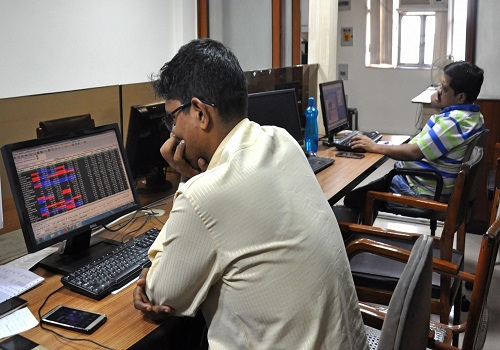
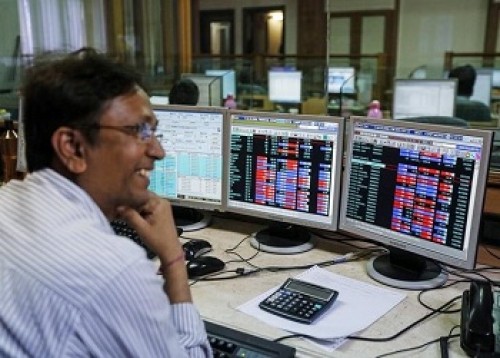



 320-x-100_uti_gold.jpg" alt="Advertisement">
320-x-100_uti_gold.jpg" alt="Advertisement">


